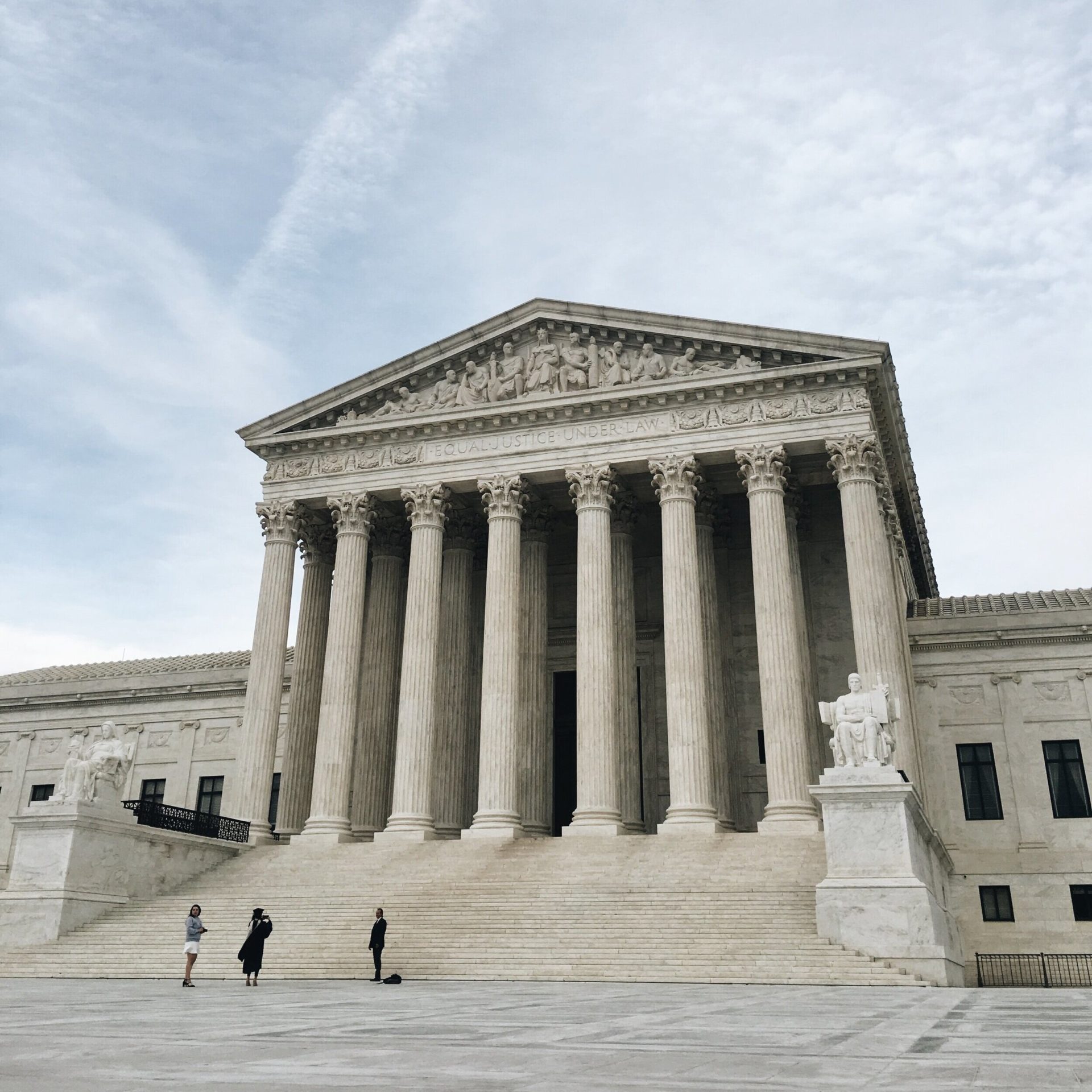
President Biden recently announced his major strategy on vaccine mandates that could cover 100 million Americans, but this new mandate has particularly drawn the ire of many Republican governors who have vowed to challenge the Biden administration in the courts. The rift between public health and personal liberty has become the latest chapter of polarized America.
In early September, Circuit Court Judge John C. Cooper in Leon County, Florida ruled that school districts can require students to wear masks. Cooper found that Governor DeSantis had overstepped his authority to sanction Florida school districts for imposing a masking requirement since requiring them was consistent with guidance from the CDC and was “…reasonable and consistent with the best scientific and medical opinion in this country.” Last Friday, however, DeSantis’ draconian measures were reinstated by an appeals court pending its decision on the legality of them. As of yesterday, DeSantis is threatening to impose fines on city and county governments that require their employees to be vaccinated, as reported by NBC.
Across the country, federal courts have ruled in favor of mask mandates. In recent months, federal appeals courts have upheld Indiana University’s mandate for all students to be vaccinated and Michigan’s mask requirement for students in grades K-5. And earlier this week, Iowa federal judge, Robert Pratt, temporarily blocked a state law banning Iowa school districts from requiring students or staff to wear masks that Iowa cities and counties could also not impose. Iowa’s Republican governor, Kim Reynolds, has appealed the ruling.
Those countering the Biden administration have found support from select conservative judiciaries. The Texas Supreme Court blocked San Antonio and Bexar County from requiring masks in publicly owned buildings such as public schools. Most recently in South Carolina, the state’s supreme court unanimously struck down the City of Columbia’s mask requirement for students and staff in all daycares, elementary, and middle schools.
Despite these rulings, GOP leaders like DeSantis, Reynolds, Texas Governor Greg Abbott, and other similarly situated heads of state governments, have put the imprimatur of government authority in place barring mask-wearing and other public health measures intended to muzzle the spread of Covid-19. These edicts against pandemic countermeasures are particularly striking when the Delta variant has ravaged with considerable veracity southern states – certainly within Florida and in Texas – where personal liberty and self-determination are being used as justification, yet this “standoff” between public health and individual liberty in this once-in-a-century pandemic is but the tip of the iceberg.
The friction between these two ideologies co-existing goes back to the 1905 Supreme Court case Jacobson v. Massachusetts. There, the high court upheld the authority of states to enforce compulsory vaccination laws. That court reasoned individual liberty was not absolute and was subject to a state’s policing power. The Commonwealth of Massachusetts at the start of the 20th century mandated its municipalities to provide free vaccinations for adults over the age of 21 if it was necessary for the public health or safety of the community. Any adult that refused was fined. Due to an outbreak of smallpox in 1902, the local board in Cambridge, Massachusetts adopted such a requirement. The mandate was challenged on the basis that it infringed on one’s liberty to act or decide for one’s own benefit. As part of the majority (7-2) opinion, it observed:
“But the liberty secured by the Constitution of the United States…does not import an absolute right in each person to be, at all times and in all circumstances, wholly freed from restraint. There are manifold restraints to which every person is necessarily subject for the common good… Society based on the rule that each one is a law unto himself would soon be confronted with disorder and anarchy. Real liberty for all could not exist under the operation of a principle which recognizes the right of each individual person to use his own [liberty], whether in respect of his person or his property, regardless of the injury that may be done to others.”
According to the Court, mandatory vaccinations were neither arbitrary nor oppressive so long as they did not “…go so far beyond what was reasonably required for the safety of the public.” An anti-vaccine movement soon followed, asserting the State had no right to impair the health of any citizen, such as mandating vaccines or science intruding into private life.
In the decades since the Jacobson decision, the Supreme Court has reaffirmed its decision. In the 1922 case Zucht v. King, the Court upheld a school district’s decision to refuse a student’s admission if not properly vaccinated. In 2002, in the case Boone v. Boozeman, a federal district court refused to exempt those with “sincerely held religious beliefs” from mandatory vaccinations laws.
But have times changed? Despite being free from a constant fear of contagion, the precedent set by Jacobson has undergone new challenges in the era of COVID-19. One prominent legal scholar asserted that “…Jacobson’s vision is in jeopardy”, challenging the social contract of reasonable necessity in protecting our health from one another with a “strong form of libertarianism” and individual rights pitted against the public good. This plays out in anti-mask protests on the steps of state capitols and school board hearings, and with governors like DeSantis who impose financial penalties on state school districts. And now we have a Florida appeals court siding with a Republican governor – at least for now.
If remaining healthy is to remain a right for us all, particularly with COVID-19 easily spreading, public health and safety can never become the stepchild of personal liberty. The precedent and reasoning of Jacobson must be preserved, and Florida’s Judge Cooper’s decision and other courts as referenced in this writing are not only a 21st-century application of it but must be considered by reasonably-minded courts to uphold Jacobson’s precedent amidst a public health emergency.

Miles J. Zaremski
A graduate of Case Law School in Cleveland, Miles Zaremski is the longest-serving chair of the American Bar Assoc.’s Standing Committee on Medical Professional Liability and a past president of the international organization, The American College of Legal Medicine.






